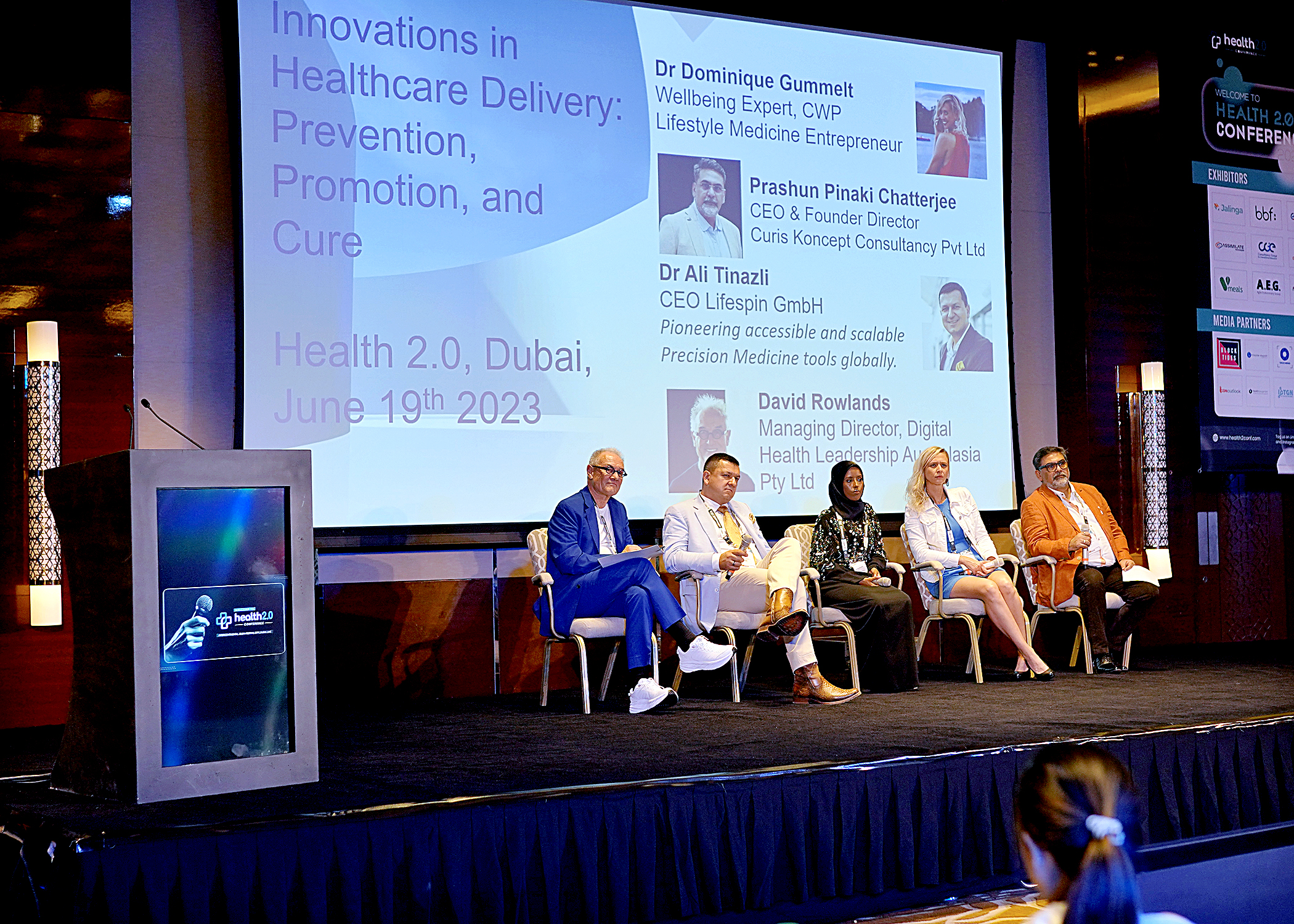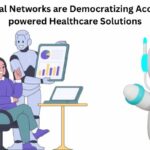
Patient empowerment has gained substantial traction in today’s rapidly evolving healthcare industry. Patient empowerment is not just a buzzword but a paradigm shift that places individuals at the center of their own health and well-being. It provides patients with the knowledge, skills, resources, and confidence to actively participate in their healthcare decisions actively, thereby building a sense of ownership and control over their health journey.
The proactive approach regarding health education has demonstrated remarkable benefits for individuals and the healthcare system. However, the rise of patient empowerment also comes with challenges, one of the most alarming being the proliferation of healthcare scams. In this matter, a recent Health 2.0 Conference featured a discussion on patient empowerment in the face of scam offenses. This blog summarizes the findings and insights of the experts who spoke at the conference.
Table of Contents
The Popularity And Importance Of Patient Empowerment
Patient empowerment has garnered immense popularity for several reasons. First and foremost, it breaks away from the traditional doctor-patient relationship, where medical professionals are often the sole decision-makers. The rapid dissemination of information through the internet fuels this transformation. Patients now have access to unprecedented medical knowledge, enabling them to understand better their conditions, treatment options, and potential outcomes.
Empowered patients are better equipped to communicate effectively with their healthcare providers. They can ask informed questions, seek clarifications, and actively engage in discussions about their care. This approach leads to more personalized treatment plans and prevents misunderstandings and oversights. Moreover, empowered patients tend to adhere more diligently to prescribed treatments and lifestyle modifications, improving health outcomes.
The Scenario Of Healthcare Scams
In this era of information abundance, malicious entities have found ways to exploit vulnerable individuals. Healthcare scams encompass various fraudulent activities, from counterfeit medications and unproven treatments to identity theft and insurance fraud. These scams jeopardize an individual’s health, drain financial resources, and erode trust in the healthcare system.
In healthcare, where trust is a priority, distinguishing between legitimate medical information and deceptive schemes can be arduous. Scammers often prey on the desperation and fear of patients, offering miraculous cures and treatments that promise quick fixes. Vulnerable individuals, in their pursuit of improved health, may inadvertently fall victim to these fraudulent practices, resulting in dire consequences for their well-being.
Reviewing The Legitimate And Identifying Fraud
With a plan to combat the escalating issue of healthcare scams, it is crucial to arm individuals with the ability to differentiate between legitimate and fraudulent healthcare practices. One practical approach is to adopt health literacy. People can create a more discerning and vigilant population by educating patients about evidence-based medical practices and empowering them to evaluate health-related information critically.
Before embracing a new treatment or making a substantial investment, individuals should thoroughly research and review the legitimacy of the claims. Consulting trusted medical professionals and seeking second opinions can also provide valuable insights into the credibility of a particular treatment or product.
In the meantime, health entrepreneurs are working to create a more informed and empowered patient community by educating them about healthcare scams and how to avoid them. It’s essential to approach every healthcare-related claim with a healthy dose of skepticism, said experts at recent smart health conferences.
The Role Of Health Entrepreneurs In Mitigating Scams
Healthcare entrepreneurs play a crucial role in mitigating scams within the healthcare industry. Scams in healthcare can have serious consequences, both for patients and the overall integrity of the healthcare system. Here’s how entrepreneurs can contribute to this goal:
- Health Literacy Apps And Platforms: Entrepreneurs can develop user-friendly apps and platforms that provide accurate and understandable health information. These resources can educate patients about their conditions, treatments, and medical procedures, enabling them to make informed choices and detect potential scams.
- Educational Content Creation: Entrepreneurs can create educational content in various formats, such as videos, articles, podcasts, and webinars, focusing on common healthcare scams, red flags, and ways to verify the legitimacy of medical information and services.
- Transparent Provider Reviews: Entrepreneurs can create platforms where patients can review and share their experiences with healthcare providers. Transparent reviews can help patients make decisions based on the experiences of others, contributing to a more informed choice of healthcare services.
- Digital Health Records And Ownership: Entrepreneurs can develop secure digital health record platforms that give patients control over their medical history. This ownership empowers patients to share accurate information with healthcare providers and avoid falling prey to scams involving fake medical records.
This practice benefits individual patients and contributes to a more transparent and trustworthy healthcare ecosystem. Speakers at healthcare conferences and events conclude that collaborative innovations and fair treatment also close gaps between health services and patient needs.
Conclusion: Empowering Individuals For Healthcare Protection
When navigating the intricate landscape of contemporary healthcare, patient empowerment emerges as a guiding light of hope and advancement. This empowerment underscores the notion that individuals can assume control over their healthcare choices, aligning them with their personal values and overall wellness. Nonetheless, this newfound empowerment also imposes a responsibility upon individuals to remain vigilant despite the persistent menace posed by healthcare scams.
Knowledge is our greatest ally in balancing patient empowerment and protection. Education, critical thinking, and collaboration with healthcare professionals are essential tools that empower individuals to navigate the healthcare landscape confidently. By accessing the insights from experts at the Health 2.0 Conference, everybody can avoid scammers’ tricks. This approach ensures legitimacy and authenticity guide your journey toward improved health and wellness. Remember, an empowered patient is a protected patient.
